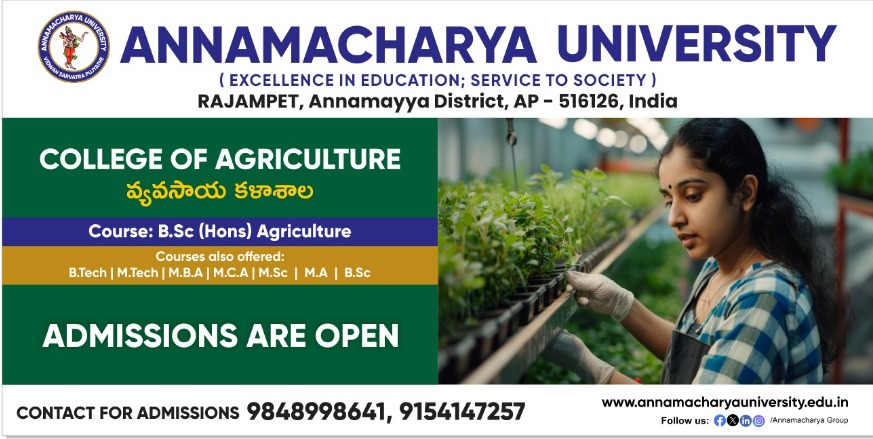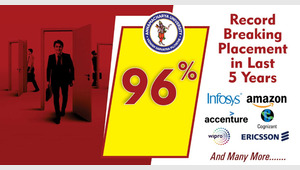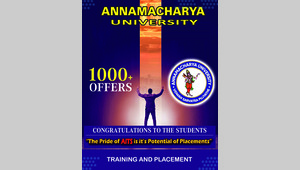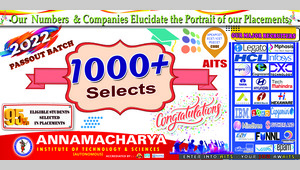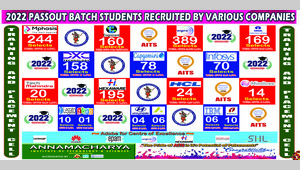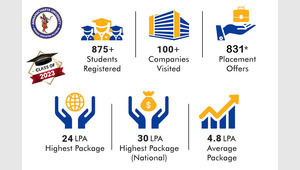Department
Electrical & Electronics Engineering
Professional Society Activities
Professional society activities carried out by engineering students play a crucial role in their academic and professional development. These activities are often organized by student chapters of recognized professional societies and are designed to enhance students’ technical skills, leadership abilities, and industry connections. Here are some common professional society activities that engineering students typically participate in:
- Technical Workshops: Hands-on sessions on topics like programming, circuit design, simulation tools, robotics, automation, and more. These workshops help students gain practical skills beyond the classroom.
- Seminars/Webinars: Guest lectures by industry professionals, researchers, and academicians on emerging trends, new technologies, and industry practices. Topics might include renewable energy, artificial intelligence, machine learning, and smart grids.
- Hackathons: Coding and problem-solving marathons where students collaborate to create software or hardware solutions to real-world problems.
- Robotics Competitions: Design and build robots to perform specific tasks, often competing against teams from other institutions.
- Paper Presentations: Opportunities for students to present their research or innovative ideas in a structured format, often judged by experts in the field.
- Project Exhibitions: Showcases where students display their engineering projects, often related to their coursework or personal research.
- Industrial Tours: Visits to manufacturing plants, research labs, and other industrial facilities to give students insight into real-world engineering applications.
- Field Trips: Excursions to power plants, construction sites, or tech hubs to observe engineering principles in action and understand industry operations.
- Student Conferences: Organized by professional societies, these events bring together students from different institutions to present research, attend workshops, and network.
- Technical Symposiums: Focused events where students can delve into specific engineering topics, often featuring keynote speakers, panel discussions, and technical sessions.
- Career Fairs: Events where companies set up booths and interact with students, offering internships, job opportunities, and career advice.
- Alumni Meetups: Organized sessions where students can interact with alumni, learn about their career paths, and seek mentorship.
- Professional Networking: Events that bring together students, faculty, and industry professionals to discuss trends, challenges, and opportunities in engineering.
- Research Collaborations: Opportunities for students to work on research projects under the guidance of faculty or in partnership with industry.
- Innovation Challenges: Competitions or programs that encourage students to develop innovative solutions to pressing technical or societal issues.
- Publication Opportunities: Encouragement and support for students to publish their research findings in journals, conference proceedings, or society newsletters.
- Leadership Workshops: Training sessions focused on developing leadership qualities, project management, and team dynamics.
- Communication Skills Workshops: Activities that enhance students’ ability to communicate effectively, including public speaking, technical writing, and presentations.
- Event Management: Students take on organizational roles in planning and executing events, learning valuable skills in time management, budgeting, and teamwork.
- Technical Outreach Programs: Initiatives where students teach basic engineering concepts to school students, particularly in underprivileged areas.
- Community Projects: Engineering solutions for local problems, such as designing energy-efficient lighting for community centers or creating water purification systems.
- Environmental Awareness Campaigns: Activities focused on sustainability, such as tree planting, energy conservation drives, or recycling programs.
- Professional Certification Courses: Short-term courses offered by professional societies that provide certification in specialized areas like project management (e.g., PMP), Six Sigma, data analytics, and more.
- Technical Certification Exams: Preparation and guidance for certifications like Cisco’s CCNA, Microsoft Azure, or other industry-recognized credentials.
- Mentorship Programs: Pairing students with faculty, alumni, or industry professionals who provide guidance on academics, career choices, and personal development.
- Peer Tutoring and Study Groups: Programs where senior students help junior students with coursework, exam preparation, and project guidance.
- Annual Awards Ceremonies: Recognition of outstanding achievements by students in academics, research, leadership, and community service.
- Scholarships and Grants: Offering financial support for students to attend conferences, pursue research, or undertake special projects.
